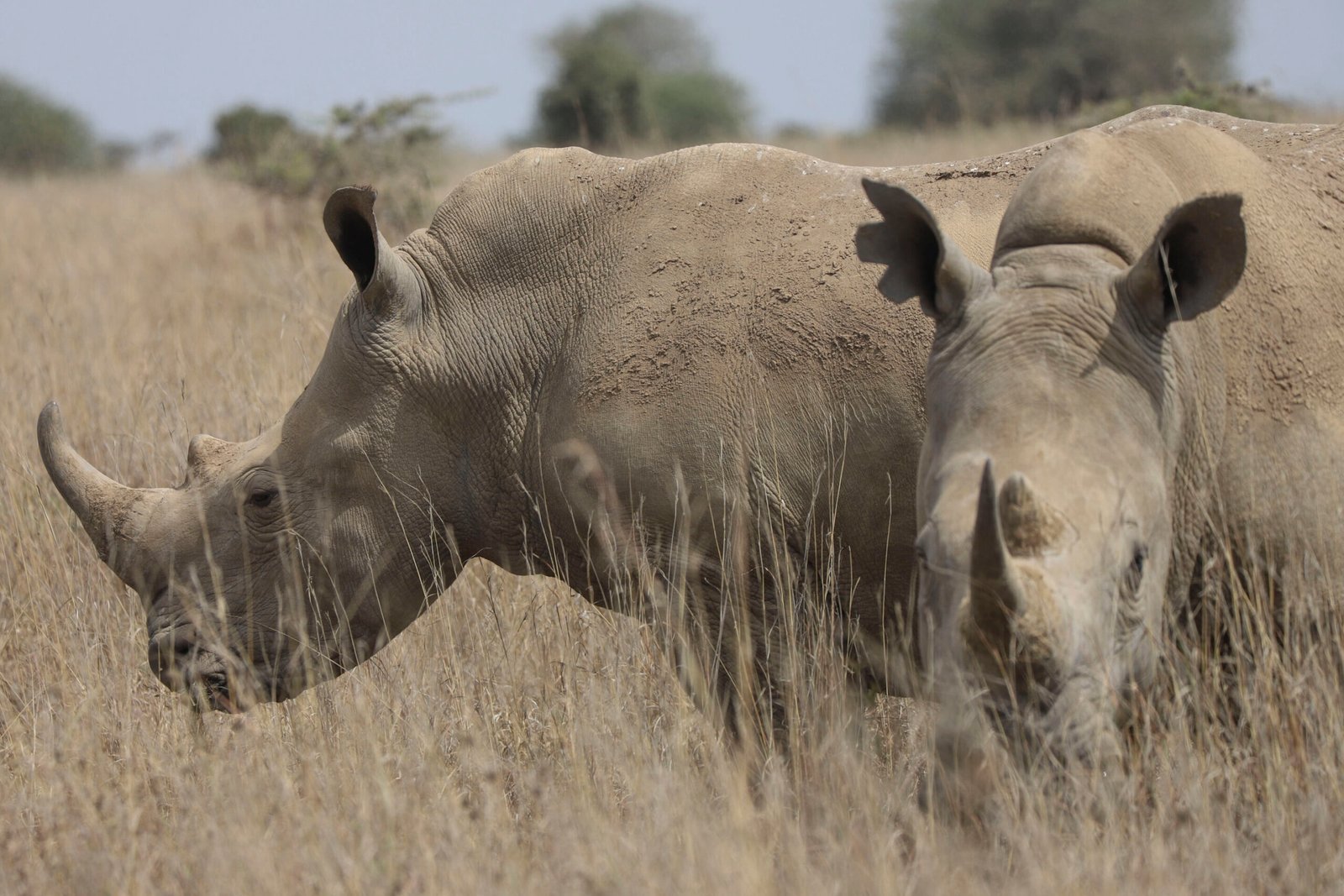
The number of critically endangered black rhinos has increased slightly, but there is bad news for other rhino species, according to a global count released Thursday by the International Rhino Foundation.
It said that black rhino numbers went up from 6,195 to 6,788 in the latest estimates. White rhinos had declined, however, from 15,942 to 15,752 since the last count in 2021. Black and white rhinos are only found in the wild in Africa.
The number of greater one-horned rhinos, found in northern India and Nepal, rose slightly from 4,014 to 4,075.
But Javan rhinos have declined from an estimated 76 to just 50, the foundation said, and that was entirely due to poaching. There is only one known population of Javan rhinos left—at a national park on the Indonesian island of Java.
The Sumatran rhino population stands at just 34-47 animals, around the same as previous estimates.
The global population for all rhinos is approximately 26,700.
The International Rhino Foundation says it gets its figures from counts by specialist rhino groups at the International Union for the Conservation of Nature, the global authority on endangered species. It does not count rhinos in zoos, only those in the wild or in national parks.
The rhino foundation said there were worrying new trends from South Africa, which has more rhinos than anywhere else. There, the average number of rhinos in individual populations was below what conservationists recommend to maintain a viable population.
-

Rhinos are photographed at a rhino orphanage in Mokopane, South Africa, Thursday, July 31, 2025. Credit: AP Photo/Alfonso Nqunjana
-

A black rhino is seen at Nairobi National Park, on the outskirts of Nairobi, on Jan. 31, 2024 in Nairobi, Kenya. Credit: AP Photo/Brian Inganga, file
It also said a new rhino horn trafficking route was emerging between South Africa and Mongolia, and Qatar was becoming a growing hub for horn trafficking. Rhino poaching is still a major problem in South Africa and elsewhere to feed the illegal market for rhino horn products in parts of Asia. South Africa loses between 400 and 500 rhinos a year to poaching.
It is often looking for new ways to deter poachers and one group of scientists launched a project last week to inject radioactive material into the horns of rhinos. The scientists say it’s harmless for the animals but allows horns to be detected by border authorities when they are being smuggled.
© 2025 The Associated Press. All rights reserved. This material may not be published, broadcast, rewritten or redistributed without permission.
Citation:
The world’s black rhino numbers have increased but there’s bad news for others (2025, August 7)
retrieved 7 August 2025
from https://phys.org/news/2025-08-world-black-rhino-bad-news.html
This document is subject to copyright. Apart from any fair dealing for the purpose of private study or research, no
part may be reproduced without the written permission. The content is provided for information purposes only.




